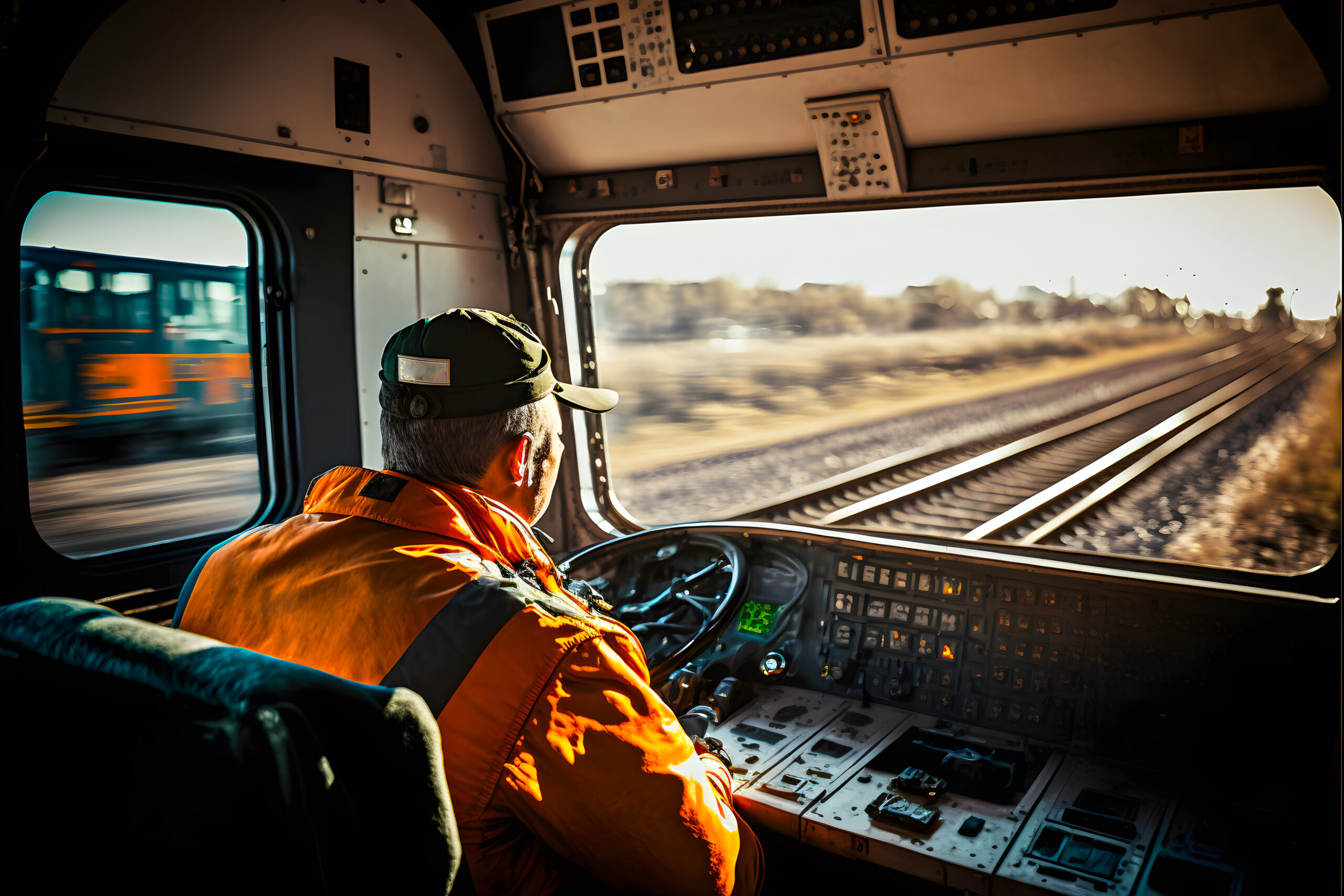We Keep the City Moving
You ever stop to think about who’s behind the wheel when your train pulls into the station? That’s us — the train operators, conductors, maintenance crews, station agents — all working crazy hours, in all kinds of conditions, to get you where you need to go. We’re the ones who make sure the city keeps moving, even when the rest of the world is asleep.
But there’s a side to this job most people don’t see. Underneath the steel and rumble, transit workers face real risks every single day. We deal with safety issues, public pressure, and sometimes even violence — all while trying to stay calm, focused, and professional. And to be honest, it’s time people heard what it’s really like on the front lines of New York’s subway system.
Danger Doesn’t Punch Out
When most people think of dangerous jobs, they don’t think of driving a train. But let me tell you — we face risks that would surprise you. From track intrusions and signal failures to medical emergencies and even assaults, every shift brings its own set of challenges.
I’ve had to hit the brakes fast because someone decided to jump down on the tracks. I’ve had riders bang on my cab door, yelling because their train was delayed. I’ve watched fellow operators deal with the trauma of hitting someone who wasn’t supposed to be on the rails. That’s a weight you carry home with you — sometimes for a long time.
We operate under pressure, and we don’t always get the time or support to process what we go through. You’re expected to move on quickly. But we’re human too. We feel it all — the stress, the fear, the frustration. It’s not just a job, it’s a mental and emotional grind.
Violence on the Job
One of the hardest parts of the job lately? The increase in violence. We’ve seen it rise — not just on the trains, but toward the workers. People getting spit on, cursed at, even physically attacked. Conductors have been punched through their window openings. Station agents locked behind glass have been harassed. It doesn’t matter if you’re doing your job — some people just snap.
I’ve had close calls myself. One time a rider tried to force his way into my cab during a delay. I had to radio for help, lock the door, and keep my cool while he kicked and shouted. That kind of fear stays with you, even after the train’s back on schedule.
And it hits even harder for women in transit. There’s this added layer of being watched, being challenged, being underestimated — or worse, targeted. I’ve had to train myself to always be alert, to never let my guard down, even in uniform. Especially in uniform.
The Need for Real Support
We hear a lot of “thank yous” when things go wrong — but words aren’t enough. What we need is real, lasting support. That means better protection, quicker emergency response, mental health resources, and policies that put worker safety first.
For starters, we need more visible presence of transit police and MTA officers, especially on night shifts and in high-risk stations. We also need faster protocols for when something goes wrong — because waiting on hold with dispatch while someone is yelling in your face just doesn’t cut it.
And let’s talk about mental health. After a serious incident, transit workers should be required to get counseling, not just encouraged. I’ve seen operators who’ve gone through something traumatic get pushed right back to work. That’s not okay. We’re not machines. We need space to heal.
Union Strong, but Still Fighting
I’m grateful for our union. They’ve been stepping up more in recent years, fighting for better conditions and fair treatment. But even with union support, we still face uphill battles. Safety measures can take forever to roll out. Complaints get lost in red tape. And sometimes, it feels like decisions are being made by people who’ve never once stepped onto a crowded platform during rush hour.
That’s why worker advocacy is so important. We need more voices speaking up — not just in boardrooms, but on the ground. We need MTA leadership to truly listen to what it’s like out here and act on what they hear.
Why I Still Love the Job
You might wonder why I keep doing this job, after all I’ve said. The truth? I love what I do. I love the rhythm of the rails, the sound of the city waking up as I pull out of the yard, the quiet pride of knowing I helped someone get to work, school, or home.
But loving the job doesn’t mean accepting things as they are. It means pushing for better — for myself, for my coworkers, and for the next generation of transit workers coming up behind us.
Final Thoughts from the Cab
So next time you ride the subway, take a second to remember there’s a human being in that front cab. Someone who got up before the sun, someone who’s watched the system change, someone doing their best to keep you safe in a job that’s often anything but.
We don’t ask for much — just respect, safety, and the chance to go home in one piece after a day’s work. That’s not too much to ask.
Until then, I’ll keep showing up. I’ll keep driving. I’ll keep fighting — for myself, and for every transit worker out there holding the city on their shoulders.
